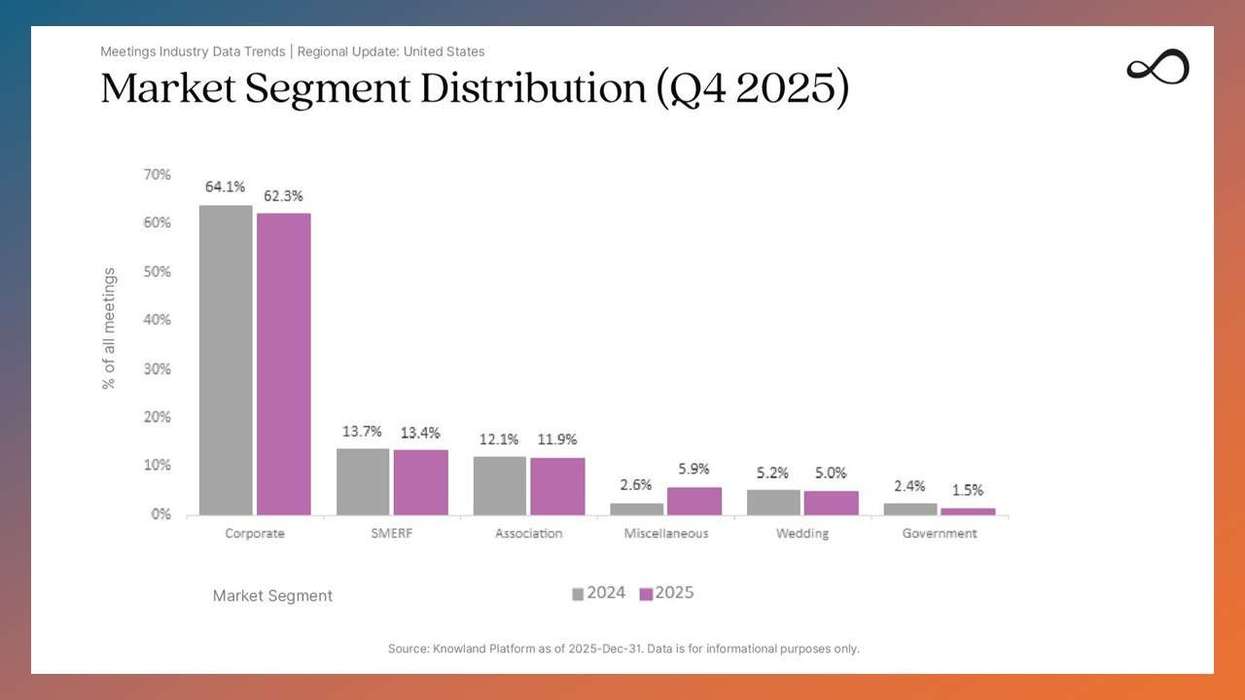THE U.S. HOTEL construction pipeline was slightly up at the end of the first quarter of 2022, according to Lodging Econometrics (LE). Dallas was the top U.S. market for building.
The pipeline stood at 5,090 projects containing 606,302 rooms, up 2 percent by projects, but down 3 percent by rooms, during the period. There are 961 projects with 128,784 rooms currently under construction in the first quarter, down 27 percent by projects and 28 percent by rooms compared to 2021, stated the latest trend report by LE.
There are 1,911 projects with 223,030 rooms are scheduled to start in the next 12 months, up 2 percent by projects and 3 percent by rooms. Projects and rooms in early planning reached a record high in the first quarter, with 2,218 projects containing 254,488 rooms, up 24 percent by projects and 12 percent by rooms, compared to a year ago.
According to LE, the upscale and upper-midscale chain scales accounted for 63 percent of projects in the total pipeline. There are a total of 1,420 projects with 184,692 rooms in the renovation or conversion pipeline in the U.S. during the first quarter. The report added that project conversions and room conversions reached an all-time high, up 59 percent by projects and 48 percent by rooms during the period.
"A total of 113 hotels containing 12,464 rooms opened in the first quarter of 2022. As many as 68 hotels with 7,154 rooms, were in suburban locations, but 41 hotels with 4,703 rooms of newly opened hotels were in a top 25 market," the report said.
LE forecasts another 649 projects with 77,568 rooms to open for a total of 762 hotels containing 90,032 rooms in 2022, a 1.6 percent increase in new hotel supply. In 2023, LE forecasts an additional 839 hotels with 93,169 rooms to open in the U.S. next year.
The U.S. opened 826 projects with 106,192 rooms in 2021.
Dallas in the lead
Dallas is the top U.S. market with 165 projects with 19,730 rooms in the first quarter, the LE report said. It is followed by Atlanta, with 135 projects containing 17,646 rooms, Los Angeles with 123 projects with 20,176 rooms, New York with 122 hotels with 20,864 rooms and Phoenix, with 103 projects containing 13,820 rooms.
New York has the largest number of projects currently under construction with 90 projects containing 14,710 rooms, followed by Dallas, with 25 projects containing 3,698 rooms. Atlanta has 25 projects with 3,928 rooms, Austin has 25 projects containing 3,381 rooms and Los Angeles has 21 projects with 3,489 rooms presently under construction.
These markets collectively account for 19 percent of the currently under construction projects in the U.S.
"Dallas has the most projects scheduled to start in the next 12 months, with 56 projects with 6,537 rooms, followed by Atlanta with 54 projects containing 7,133 rooms, Houston, with 46 projects with 4,690 rooms, Los Angeles with 45 projects containing 6,806 rooms and Phoenix, with 44 projects containing 4,944 rooms," LE report said.
"Dallas also has the most projects in early planning during the period with 84 projects containing 9,495 rooms. Los Angeles follows, with 57 projects with 9,881 rooms, Atlanta with 56 projects containing 6,585 rooms, Nashville with 48 projects with 5,635 rooms;and Orlando with 42 projects containing 7,204 rooms."
The markets with the largest count of renovation and conversion projects combined are Chicago, with 29 projects with 3,985 rooms; Houston, with 28 projects with 3,116 rooms; Atlanta, with 22 projects with 3,385 rooms; Dallas, with 21 projects with 2,370 rooms; and Washington D.C., with 20 projects with 4,275 rooms.
According to LE, the top 50 markets saw 70 projects containing 8,390 rooms open in the first quarter of 2022. LE is forecasting these same 50 markets to open another 386 projects with 51,811 rooms throughout the year, for a total of 456 projects with 60,201 rooms by year-end, up by 2.3 percent. In 2023, 420 projects accounting for 51,519 rooms are forecast to open within the top 50 markets, with a 1.9 percent growth rate.
"New York has the greatest number of new hotel openings forecasted for 2022 with 77 hotels with 10,934 rooms, up by 9 percent year-over-year. It is followed by Austin, which is forecasted to open 26 hotels with 3,387 rooms, Atlanta with 20 hotels containing 2,165 rooms, Los Angeles with 19 hotels with 3,330 rooms and Detroit with 18 hotels containing 1,935 rooms," the report added.
The previous LE report revealed that the U.S. led the the global hotel construction pipeline in the fourth quarter of 2021.





